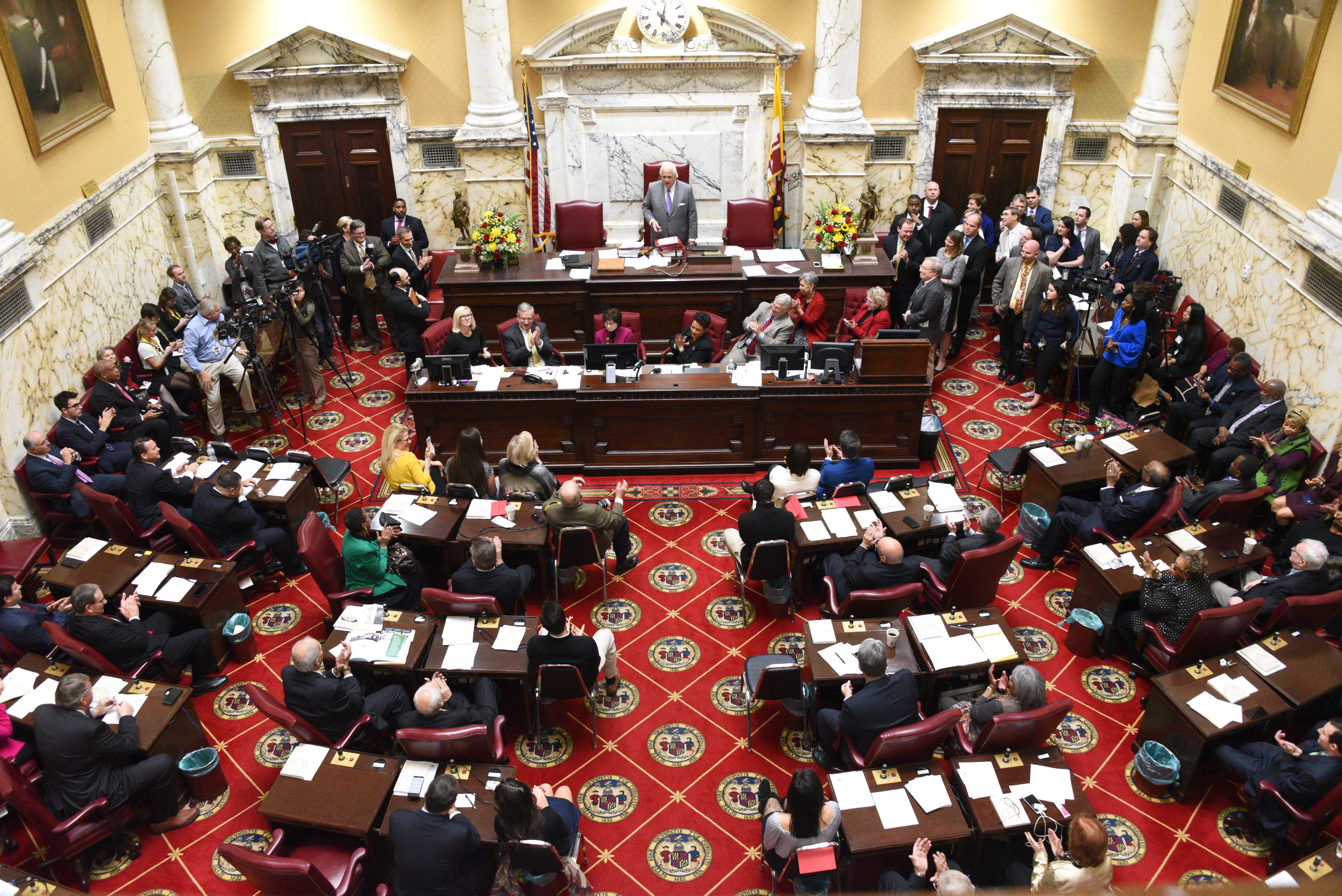By Megan Poinski
Megan@MarylandReporter.com
Coppin State University still isn’t following established procedure to go after millions in delinquent accounts, state auditors said in a report released Tuesday.
The audit of the public university in Baltimore found 14 areas of concern dealing with the university’s handling of accounts receivable, residency of students, information systems security and control, financial aid, and use of university funds. Five of those findings were pointed out in the last audit of the university three years ago.
Coppin State University Relations Director Ursula Battle said in an e-mail that personnel changes were responsible for many of the issues making a repeat appearance this year. Since the last audit, she said, three people have held the position of vice president for administration and finance. To permanently correct the problems, she said, Coppin needs “continuity of management; quality of people; continued oversight.”
While some of the findings about Coppin State University are not uncommon among the state’s colleges and universities, Legislative Auditor Bruce Myers said most universities do not have problems getting students to come current with delinquent accounts. Resolving this issue should be a top priority, especially when state revenues are down, he said.
“We’re talking millions of dollars,” Myers said. “Times are tough nowadays across all government agencies.”
According to this year’s audit, Coppin State had a total of $4.5 million in accounts receivable as of June 30, 2009, with $2.3 million dating back one to five years.
State policy requires that delinquent accounts be referred to the government’s Central Collection Unit, and students who have not paid should not be permitted to register or take classes. Auditors reviewed 15 delinquent accounts and found that eight of them had not been transferred to the collection unit, and the remaining seven unpaid accounts were referred to the collection unit months and years late.
Additionally, 184 students with unpaid balances were able to register for classes during the spring 2009 semester. In five cases, auditors could not find any documentation — such as pending financial aid — that would have allowed them to register for classes under a policy exemption.
The last two audits of Coppin State University found similar problems with delinquent accounts.
Lack of controls over Coppin State University’s financial systems also made repeat appearances in this year’s audit. The report found the following problems, also noted in the 2007 audit:
* There was no independent review of refunds or non-cash credit adjustments to student accounts. Refunds and credit adjustments were reviewed and processed by the same employees, which the audit warns could make it impossible for unauthorized or erroneous payments to be detected
* One employee billed, went after, and collected funds from third parties, like private scholarship funds. The audit states that this system gives a single employee “excessive control over these accounts, and the related payments could be diverted and concealed by making erroneous postings to the applicable detail records.”
* Too many employees had access to sensitive parts of the university’s financial management computer system, and there were also no security logs for database access, making it more difficult to detect unauthorized changes.
* There was inadequate control over federal direct loan reimbursements made by wire transfer.
The audit uncovered several other problems in the university’s financial controls. The new items on Tuesday’s audit include:
* Lack of documentation — such as Maryland driver’s licenses — to determine student residency for tuition purposes.
* Lack of documentation for tuition waivers. Waivers are granted to members of the Maryland National Guard, senior citizens, and spouses and dependents of Coppin State staff.
* Several employees had access to sensitive areas of the computer system that they did not need —including modifying purchase and disbursement transactions, changing residency status and grades, modifying student accounts, and changing tuition and fee tables.
* Insufficient account and password controls over the student administration, human resources and financial computer systems.
* The university’s voice-over Internet protocol wireless network was not secure.
* Reimbursement requests for federal Pell grants and direct loans were constantly late.
* Allowing employees to share corporate credit cards. Four employees in the controller’s office shared one card, and one employee used the card for personal purchases. Those purchases were discovered in January, and the employee has since been fired.
* Deposits were not verified on a regular or timely basis.
* The university leased an apartment in Baltimore for nursing professors who worked late. At least six employees utilized the apartment since 2007, but information about how much the apartment was occupied was not available. The lease has been terminated.
In its response to the audit, the university put together a plan of technology upgrades and new policies. Battle said the university is on track to have these changes in place by the end of the month.





Recent Comments